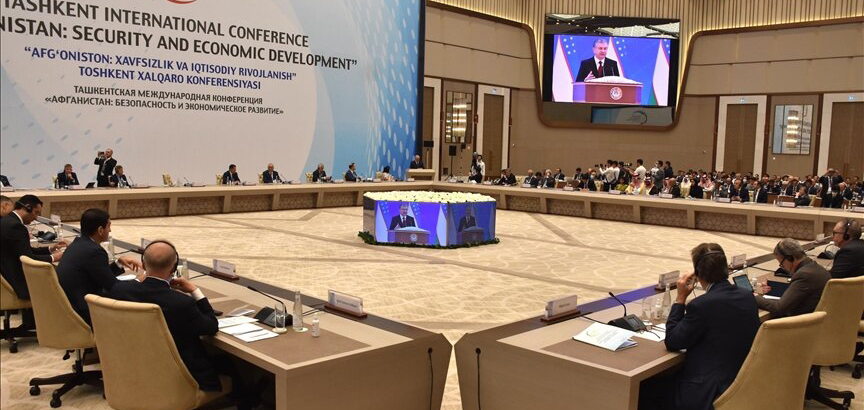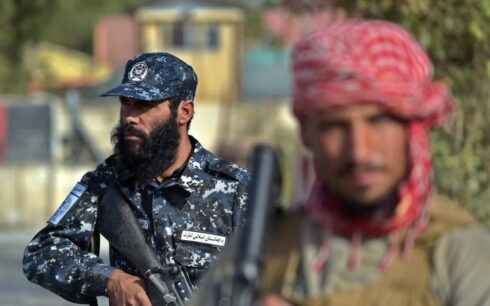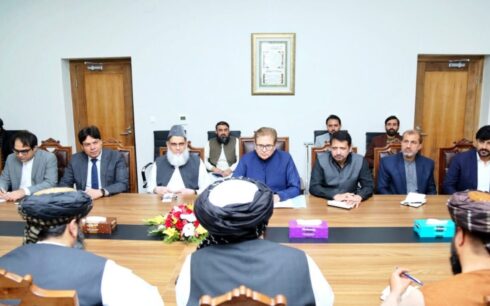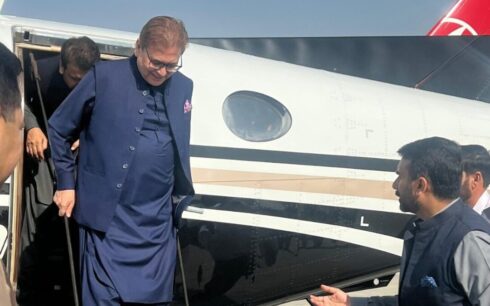The Tashkent conference ended with an expected outcome of no recognition to the Taliban government in Afghanistan as representatives of at least 20 countries raised their concerns over violations of human rights as well as the rights of women and girls in Afghanistan.
The conference initially was not held to discuss the Taliban’s recognition but it was focused on economic matters for Afghanistan, as analysts and sources aware of the event said.
US special envoy for human rights, Rina Amiri, in a tweet said he and the US special representative for Afghan peace, Thomas West, “stressed that security, economic stability and peace cannot be achieved without upholding the rights of women, ending abuses against all ethnic and religious communities and fostering an inclusive political process.”
“I countered claims that the Taliban’s regressive policies are based on Afghan culture, arguing that most Afghans aspire for education, work, and opportunities for a better future for their sons and daughters,” she said.
She said she was heartened by the support of the participants for girls’ education and women’s rights in Afghanistan.
“Whereas most called for an inclusive political process, no one expressed support for Taliban recognition,” Amiri added. “I will not be participating in the bilateral talks with the Taliban.”
EU special envoy Tomas Niklasson said that during the conference, the European Union explicitly stated that Afghanistan does not have a recognized government.
“I also consistently referred not to the ‘government’ or the ‘de facto authorities’ but to ‘the Taliban’. I was far from alone,” he said in a tweet on Wednesday.
The Taliban’s foreign minister, Amir Khan Muttaqi, in his speech to the conference, asked the US to fulfill the Doha agreement’s first part.
Recalling the agreement, he said the Taliban government has committed to the part of the agreement of cutting ties with groups like al-Qaeda and of preventing any threat to other countries, including the US and its allies.
On the opening day of the conference, Vladimir Norov, the foreign minister of Uzbekistan, said his country is interested in the development of Afghanistan as a peaceful, independent and prosperous state.
“We also maintain a clear position that in the foreseeable future, Afghanistan shall remain an important factor in regional security, directly affecting the national interests of regional countries, primarily the neighboring states,” he said.
Trans-Afghan railway project
The trans-Afghan railway project is looming as Uzbekistan prioritizes access to Pakistan’s seaports of Karachi, Gwadar, and Qasim, as part of Tashkent’s bid to diversify its supply routes and increase volumes of Euro-Asian trade.
Taliban foreign minister met his Uzbek counterpart Vladimir Norov on the sidelines of the Uzbekistan conference to discuss the launch of the railway through Afghanistan, according to BNA, a state-run Afghan news agency.
Back in February 2021, Afghan, Pakistani, and Uzbek officials agreed on plans to build a railway across Afghanistan that would connect Uzbekistan to seaports in Pakistan.
The US Agency for International Development had agreed to provide technical and financial support to the project to boost “regional trade integration and connectivity.”
Last July, Afghanistan Uzbekistan, Pakistan and the US formed a new quadrilateral diplomatic platform to support peace and stability in Afghanistan and to foster regional trade and business ties.
But Afghan experts say that the project might be disrupted over security reasons, particularly a potential threat by Daesh.





